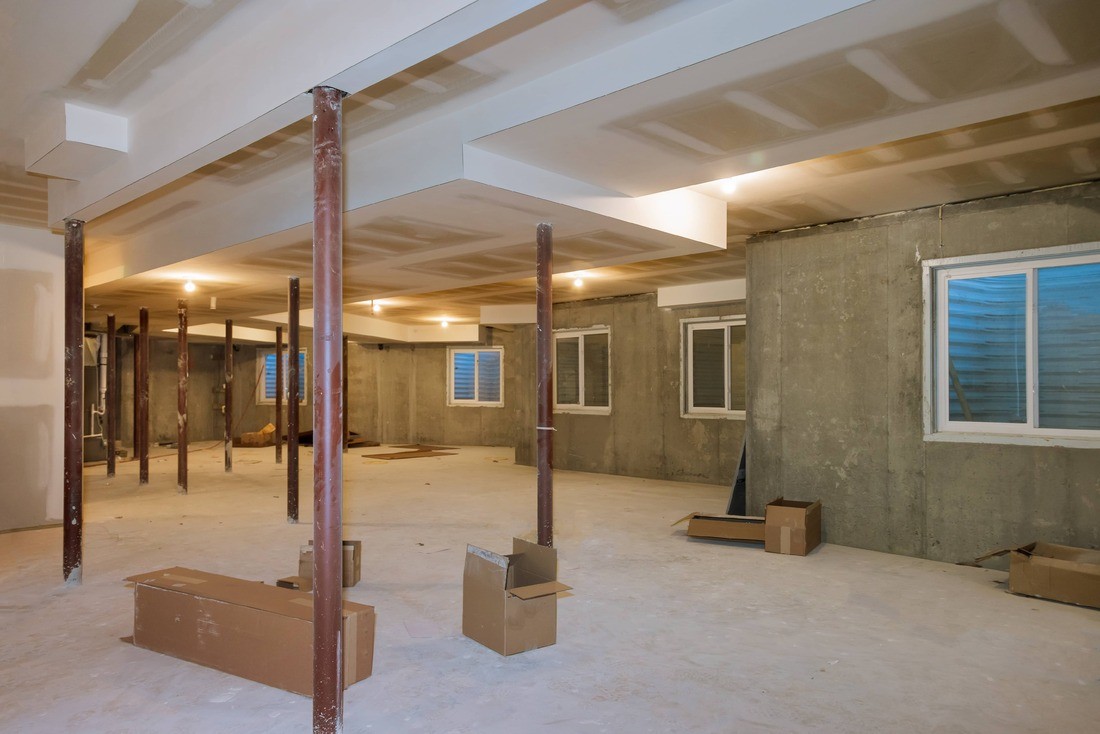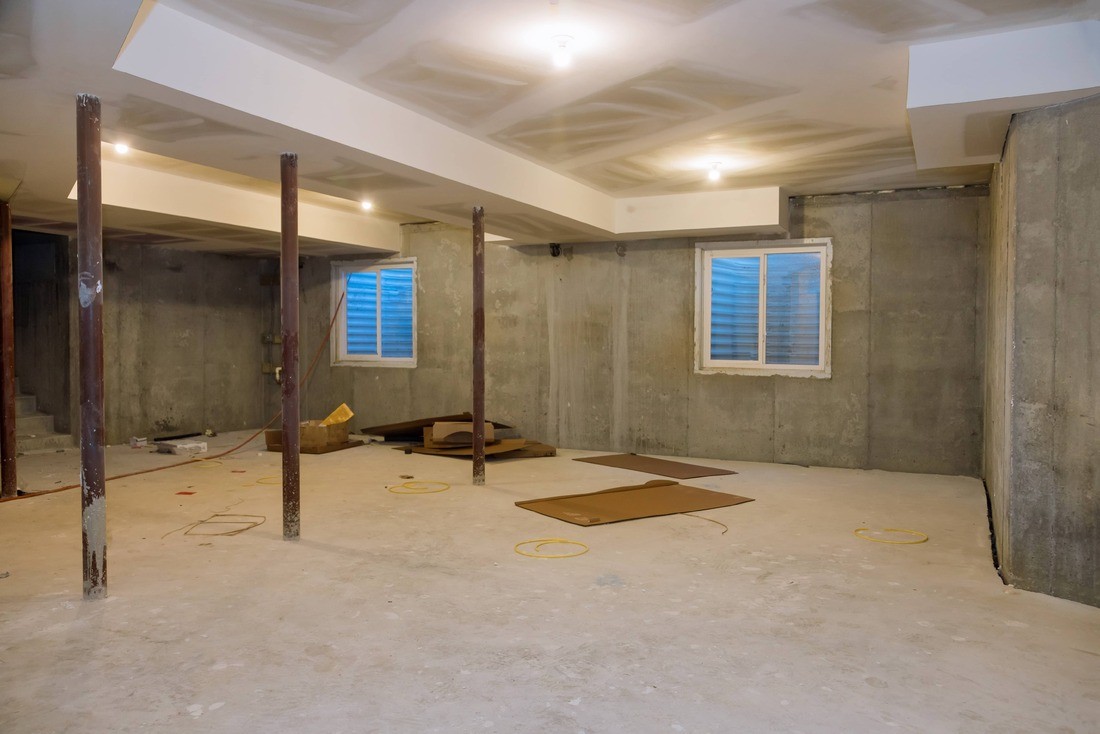
The Importance of Detecting Water Damage
Water damage can have extensive and costly consequences if not detected and addressed promptly. From structural damage to mold growth, water damage can significantly impact the safety and integrity of a building. Detecting water damage early on is crucial to prevent further damage and minimize repair costs. In this article, we will explore the surprising places you should check for water damage, the signs to look out for, the causes and effects of water damage, and how to prevent and repair it.
Signs of Water Damage

1. Discoloration
Water damage often manifests as discoloration on walls, ceilings, and floors. Look out for yellow or brown stains, peeling paint or wallpaper, or watermarks. These signs typically indicate ongoing or past water intrusion.
2. Musty Odors
A musty or damp smell is a common indicator of water damage. If you notice persistent odors, especially in enclosed spaces or near plumbing fixtures, it may suggest hidden moisture or mold growth.
3. Warped or Bulging Surfaces

When exposed to water, certain materials such as drywall or wood can warp or bulge. Check for any irregularities on walls, floors, doors, or furniture. These deformities suggest prolonged exposure to moisture.
4. Mold or Mildew Growth
Mold and mildew thrive in damp environments and can quickly colonize areas affected by water damage. Look for fuzzy patches, discoloration, or a musty smell, as these are indications of mold or mildew growth.
5. Water Stains or Puddles
Obvious signs of water damage include visible water stains or the presence of standing water. Check under sinks, around appliances, and in hidden corners to identify any leaks or pooling water.
6. Peeling or Blistering Paint
When water seeps into walls, it can cause paint to peel or blister. Keep an eye out for areas where the paint is bubbling, cracking, or peeling away, as this could be a result of water damage.
7. Unusual Sounds
If you hear dripping sounds or running water in the absence of any visible leaks, it might be an indication of water damage. Conduct a thorough investigation to identify the source and take appropriate measures.
Causes and Effects of Water Damage
Common Causes of Water Damage
Water damage can occur due to various reasons. Some common causes include:
- Leaking pipes or plumbing fixtures
- Roof leaks or damage
- Foundation cracks or moisture infiltration
- Leaking appliances, such as refrigerators or washing machines
- Burst or frozen pipes
- Sewage backup
Effects of Water Damage
Water damage can have several detrimental effects on buildings and their occupants:
- Structural damage to walls, floors, and ceilings
- Mold and mildew growth, leading to potential health hazards
- Deterioration of electrical systems, posing fire risks
- Damage to personal belongings and furniture
- Weakening of the building’s foundation
- Increased risk of insect infestation
- Higher utility bills due to water wastage
Preventing and Repairing Water Damage
Preventive Measures
To minimize the risk of water damage, consider implementing the following preventive measures:
- Regularly inspect and maintain plumbing systems
- Install and maintain proper drainage systems
- Seal cracks and gaps in the building envelope
- Properly ventilate high-moisture areas, such as bathrooms and kitchens
- Monitor and control indoor humidity levels
- Ensure proper roof maintenance and repair
Repairing Water Damage
When faced with water damage, it is essential to take immediate action to minimize its impact:
- Identify and address the source of water intrusion
- Extract standing water and dry affected areas
- Remove and replace damaged materials, such as drywall or flooring
- Clean and sanitize affected surfaces to prevent mold growth
- Conduct a thorough inspection to identify hidden damage
- Consult professionals for structural repairs or mold remediation, if necessary
By addressing water damage promptly and thoroughly, you can mitigate further damage and protect the health and safety of building occupants.
Additional Resources
If you would like more information about water damage restoration and related services, please visit JGW Group Water Damage Restoration. They offer a range of services, including:
For more information on water damage restoration, you can also check out these resources:
- Water Damage Restoration Vs. Water Mitigation
- The Best Water Damage Restoration Services of 2023
- Water Damage Restoration Collection Articles
- 8 Best Water Damage Restoration Services (2023 Guide & …
- Best Water Damage Restoration Services of 2023
- Water Damage Restoration: The Complete Guide
Frequently Asked Questions
Question 1: How can I detect hidden water damage?
Question 2: Can water damage be covered by insurance?
Disclaimer: As an Amazon Associate, we earn from qualifying purchases. We may earn a commission if you make a purchase through the provided links.



